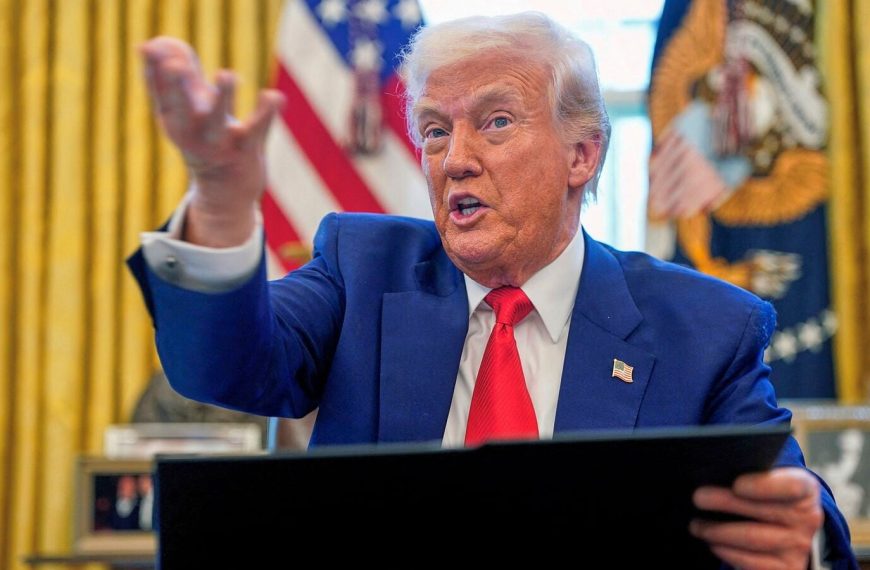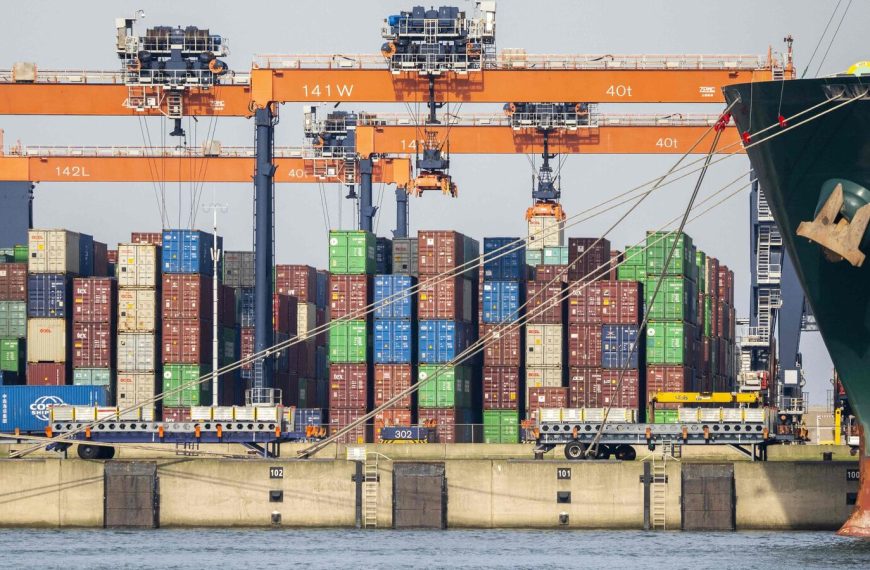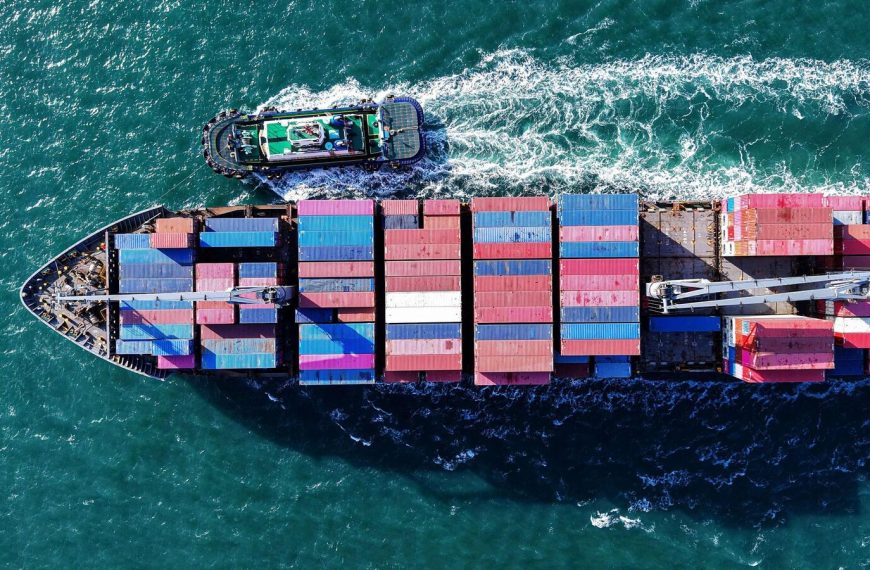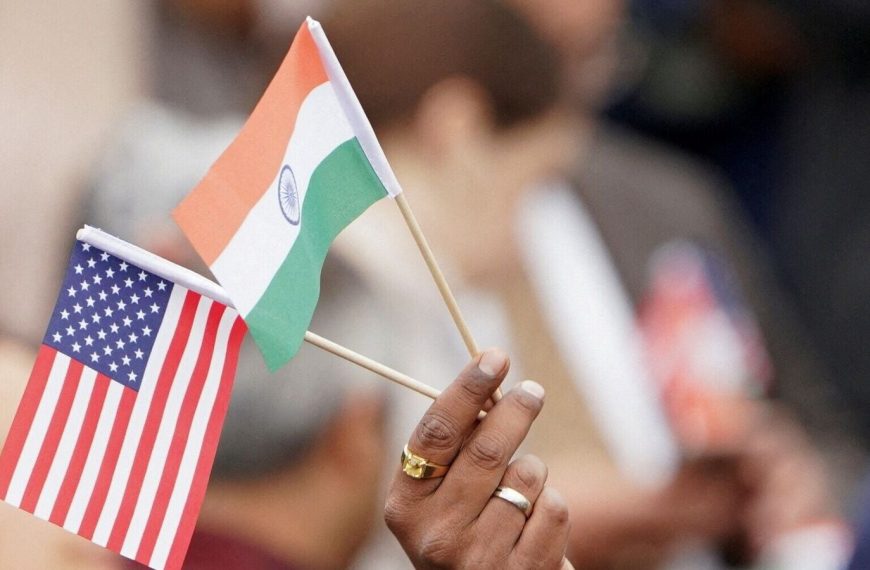On March 25, 2025, Finance Minister Nirmala Sitharaman reinforced the Indian government’s dedication to enhancing tax clarity and simplifying business regulations as part of an ambitious goal to create a Viksit Bharat by 2047. During her address regarding the Finance Bill 2025, she emphasized the importance of reforms aimed at achieving this vision, stating, "Our Budget is designed to implement reforms necessary for a Viksit Bharat by 2047, ensuring tax certainty and improved ease of doing business."
Key Reforms in the Finance Bill 2025
The Finance Bill 2025 was approved by the lower house, incorporating 35 amendments proposed by the government. One of the standout features is a significant overhaul of customs tariffs on industrial goods, where the number of tariff slabs has been drastically reduced from 21 to 8. This strategic move aims to streamline import costs and enhance the competitiveness of Indian industries.
- Reduction in Customs Tariffs:
- Tariff rates for industrial goods slashed from 21% to 8%.
- Only one of either cess or surcharge can be applied to any given item under direct tax regulations.
Support for Exporters and Indirect Taxation
Sitharaman also announced an extension of the timeline for exporters who import components for production, increasing the utilization period from six months to one year. This change is expected to provide businesses with increased flexibility and support their operational needs.
In terms of indirect taxation, the Finance Minister assured that prasadams distributed by places of worship, including temples, mosques, churches, and gurudwaras, will continue to be exempt from GST. Additionally, a Group of Ministers (GoM) is currently assessing potential GST reductions on the ingredients used in these offerings.
Special Provisions for Rare Diseases
In a notable initiative, Sitharaman announced that imported medications for rare diseases would be exempt from Integrated GST (IGST), benefiting both individual patients and research organizations. This exemption signals the government’s commitment to improving healthcare access for those affected by rare conditions.
Clarity on GST Compensation and Ongoing Obligations
Addressing the topic of GST compensation, the Finance Minister confirmed that there are no outstanding dues owed to states. She stated, "All payments were made upon receiving auditor-certified claims," and reiterated that the GST compensation cess concluded on June 30, 2022. Furthermore, Sitharaman clarified that the government is in the process of repaying loans taken during the COVID-19 pandemic, with expectations to complete this repayment by early 2026.
With these reforms, the Indian government is taking significant steps towards fostering a business-friendly environment, aiming for substantial economic growth as part of its long-term vision for a developed India by 2047.











